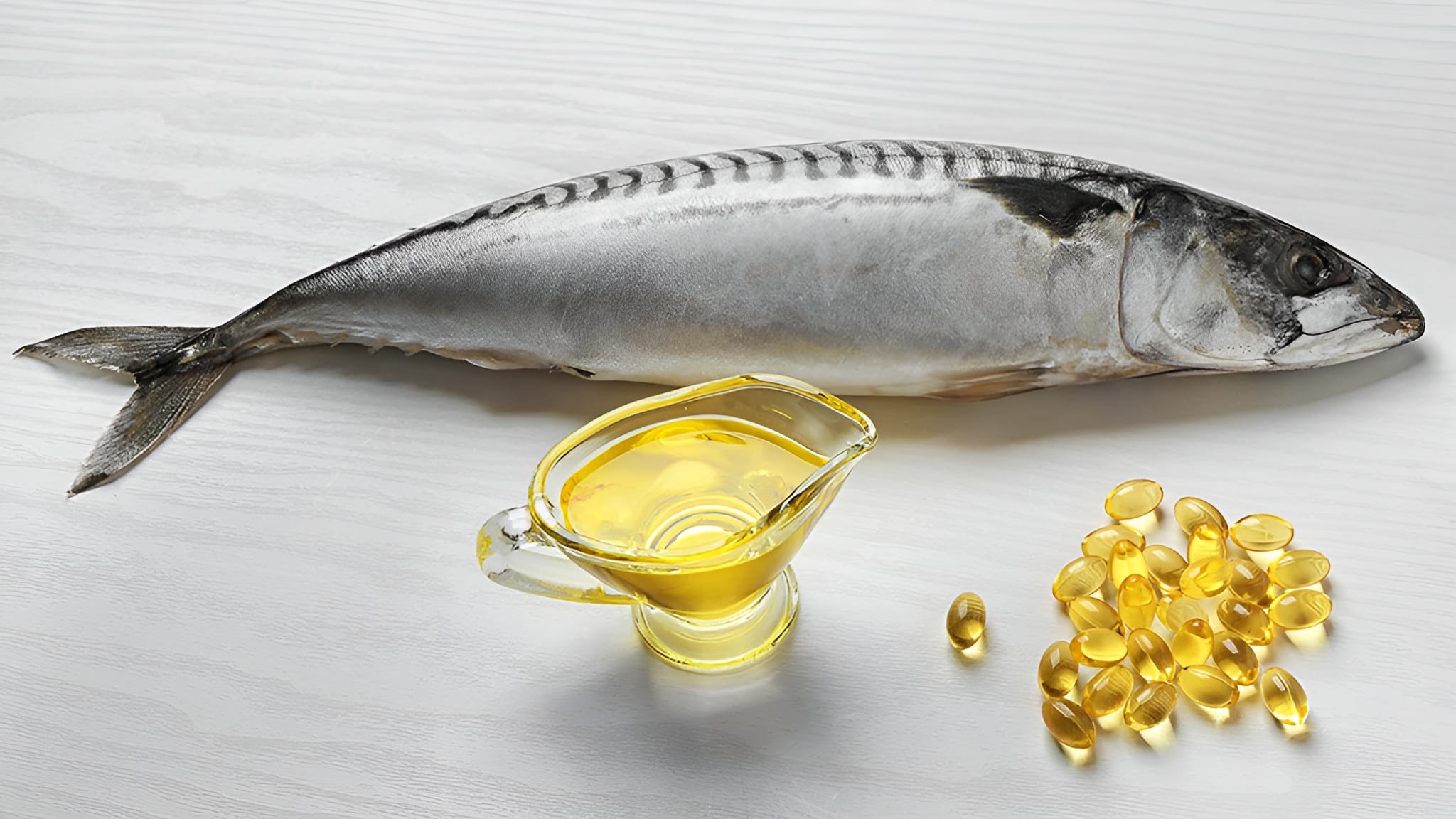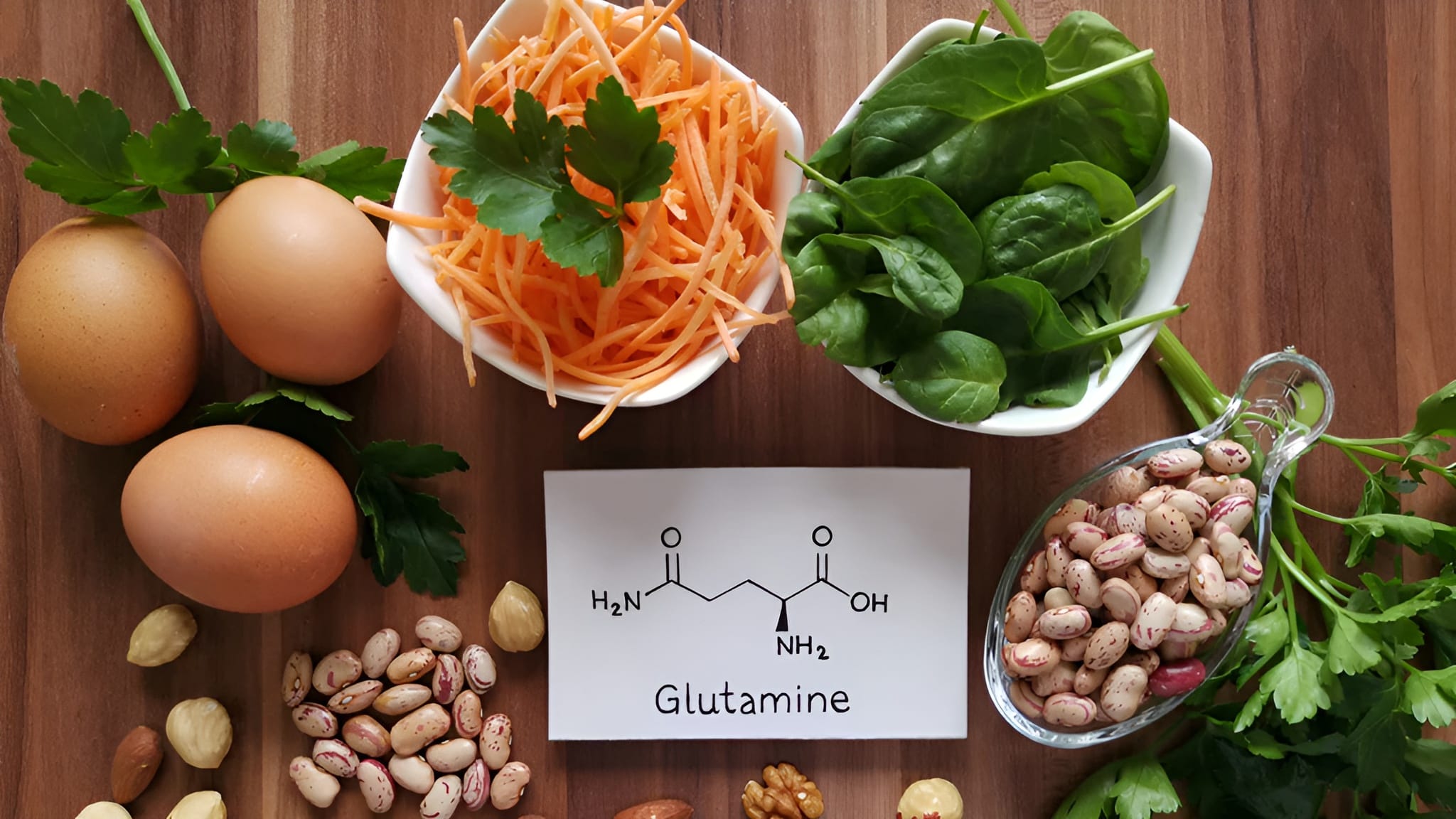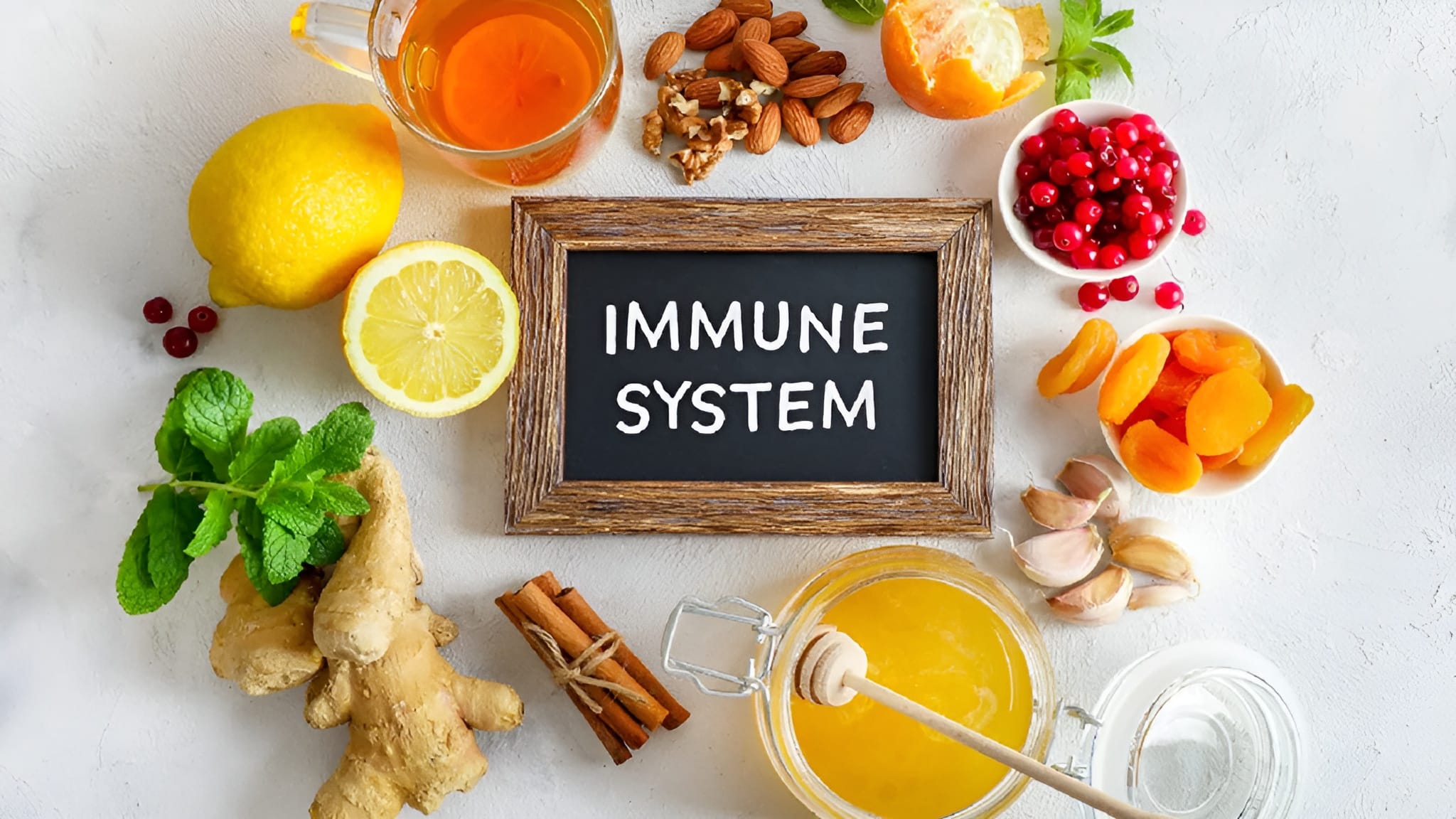Vitamin C has been a hot topic in the health world ever since Linus Pauling, a Nobel Prize-winning chemist, began advocating for its benefits. While some of his claims, such as vitamin C’s ability to prevent cancer, haven’t been fully supported by modern science, there’s no denying that vitamin C is a nutritional powerhouse with a profound impact on immune function.
Table of Contents
How Vitamin C Supports Your Immune System
Vitamin C and immune function are intricately linked. This essential vitamin plays a vital role in various aspects of immune health, from supporting the production and function of immune cells to enhancing the body’s defense against infections.
1. Fueling Immune Cells
Your immune system relies on specialized cells, such as T and B lymphocytes, to identify and neutralize harmful invaders like viruses and bacteria. These cells have a voracious appetite for vitamin C, accumulating it in high concentrations [1].
- Enhanced Immune Cell Growth: Studies have shown that immune cells grown in the presence of high levels of vitamin C multiply more readily, leading to a more robust immune response [2].
- Increased Resilience: Vitamin C helps protect immune cells from damage, making them more resilient to environmental stressors that could lead to their demise [3].
- Improved Functionality: Exposure to toxins can impair immune cell function. Research indicates that vitamin C can help restore the functionality of T and B lymphocytes after toxin exposure [4].
2. Essential for Infection Control and Wound Healing
Vitamin C is crucial for both preventing and fighting infections, as well as supporting the healing process.
- Skin Health: Your skin is your body’s first line of defense against pathogens. Vitamin C plays a vital role in skin health and wound healing [5].
- Combating the Common Cold: Vitamin C has been shown to reduce the duration and severity of symptoms of the common cold. A minimum daily dose of 200mg can make a noticeable difference [6]. This is a particularly important point for kids, as the common cold is very prevalent among children. Vitamin C, among other things, can help your child’s immune system.
- For families, a C-rich multivitamin for daily immunity like Multivitamin Gummies makes it easy for kids (and parents) to stay consistent with essential vitamin intake.
- Fighting Infections: During infections, vitamin C helps boost the body’s defenses and protects against further damage [7]. It enhances the activity of white blood cells, enabling them to migrate to infected areas more quickly and effectively [8].
- Respiratory Support: Supplementing with vitamin C can reduce the severity of respiratory infections [9]. Intravenous vitamin C has even been shown to rapidly clear up severe respiratory infections [10][11].
3. Minimizing Damage and Promoting Healing
Vitamin C plays a crucial role in minimizing damage and promoting healing during and after infections.
- Clearing Cellular Debris: After an immune response, the affected area needs to be cleared of cellular debris. Without sufficient vitamin C, this process is hindered, leading to the accumulation of dead white blood cells, which can cause further damage [12].
- To complement this process, antioxidant support from bee superfoods like Bee Pearl provides natural polyphenols that defend cells during immune stress.
- Preventing Toxin Release: Dead white blood cells can release toxins that further damage the surrounding tissues [13][14]. Vitamin C helps prevent this by promoting the efficient cleanup of cellular debris.
A lesser known hero of wound healing is also lysine.
Addressing Vitamin C Deficiency
Despite its importance, vitamin C deficiency is surprisingly common. It’s the fourth most common vitamin deficiency in the U.S. [15][16]. This is due to a combination of factors:
- Poor Diet: Many modern diets lack sufficient fruits and vegetables, which are the primary sources of vitamin C.
- Increased Need: Environmental toxins and stress increase the body’s demand for vitamin C.
To ensure you’re getting enough vitamin C for immune function, consider incorporating the following into your routine:
- Supplementation: Taking a daily vitamin C supplement can help maintain optimal levels.
- Dietary Sources: Increase your intake of vitamin C-rich foods like citrus fruits, strawberries, kiwi, bell peppers, broccoli, kale, and spinach.
Remember to supplement or eat plenty of fish oil too, as it helps fight inflammation much like vitamin C.
Vitamin C: A Crucial Ally for Immune Health
Vitamin C and immune function are inextricably linked. This vital nutrient supports the growth, function, and resilience of immune cells, enhances the body’s ability to fight infections, and promotes efficient healing. While it might not be a cure-all, vitamin C is a powerful ally in maintaining a strong and healthy immune system.
The fight doesn’t end there though, there are many other immune system supplements that have a profound impact.
FAQ
It helps your body balance its response—less overreacting, better “recognize & respond.” Think steadier defense, not a jolt.
Foundational stuff (vitamin D3, zinc, probiotics, omega-3s) is more “build over weeks” than overnight. Most folks feel differences in 2–4 weeks with daily use.
Yep—common smart stacks:
Vitamin D3 + zinc for immune signaling
Probiotics for gut-immune support
Omega-3s for inflammation balance
Keep doses reasonable and don’t double up across products.
If you’re pregnant/nursing, on blood thinners, immunosuppressed, or managing a chronic condition, get the green light from your provider.
Consistency > timing. Take with food if you’re sensitive. For probiotics, daily is key; for fat-soluble nutrients (D3), pair with a meal that has some fat. Hydrate well.
Cites and Sources
No Citations
Show Citations
[1] - Hong, J., Kim, J., Kang, J. S., Lee, W. J., & Hwang, Y. (2016). Vitamin C is taken up by human T cells via sodium-dependent vitamin C transporter 2 (SVCT2) and exerts inhibitory effects on the activation of these cellsin vitro. Anatomy & Cell Biology, 49(2), 88. https://doi.org/10.5115/acb.2016.49.2.88
[2] - Tanaka, M., Muto, N., Gohda, E., & Yamamoto, I. (1994). Enhancement by ascorbic acid 2-Glucoside or repeated additions of ascorbate of Mitogen-Induced IGM and IGG productions by human peripheral blood lymphocytes. The Japanese Journal of Pharmacology, 66(4), 451–456. https://doi.org/10.1254/jjp.66.451
[3] - Campbell, J. D., Cole, M., Bunditrutavorn, B., & Vella, A. T. (1999). Ascorbic acid is a potent inhibitor of various forms of T cell apoptosis. Cellular Immunology, 194(1), 1–5. https://doi.org/10.1006/cimm.1999.1485
[4] - Heuser, G., & Vojdani, A. (1997). Enhancement of natural killer cell activity and T and B cell function by buffered vitamin C in patients exposed to toxic chemicals: the role of protein Kinase-C. Immunopharmacology and Immunotoxicology, 19(3), 291–312. https://doi.org/10.3109/08923979709046977
[5] - Fuchs, J., & Kern, H. (1998). Modulation of UV-light-induced skin inflammation by d-alpha-tocopherol and l-ascorbic acid: a clinical study using solar simulated radiation. Free Radical Biology and Medicine, 25(9), 1006–1012. https://doi.org/10.1016/s0891-5849(98)00132-4
[6] - Hemilä, H., & Chalker, E. (2013). Vitamin C for preventing and treating the common cold. Cochrane Library, 2013(5). https://doi.org/10.1002/14651858.cd000980.pub4
[7] - Immune function in aged women is improved by ingestion of vitamins C and E. (1998, April 1). PubMed. https://pubmed.ncbi.nlm.nih.gov/9795745/
[8] - Fisher, B. J., Kraskauskas, D., Martin, E. J., Farkas, D., Wegelin, J. A., Brophy, D., Ward, K. R., Voelkel, N. F., Fowler, A. A., & Natarajan, R. (2012). Mechanisms of attenuation of abdominal sepsis induced acute lung injury by ascorbic acid. AJP Lung Cellular and Molecular Physiology, 303(1), L20–L32. https://doi.org/10.1152/ajplung.00300.2011
[9] - The clinical effects of vitamin C supplementation in elderly hospitalised patients with acute respiratory infections. (1994). PubMed. https://pubmed.ncbi.nlm.nih.gov/7814237/
[10] - Bharara, A., Grossman, C., Grinnan, D., Syed, A., Fisher, B., DeWilde, C., Natarajan, R., & Fowler, A. A. (2016). Intravenous vitamin C administered as adjunctive therapy for recurrent acute respiratory distress syndrome. Case Reports in Critical Care, 2016, 1–4. https://doi.org/10.1155/2016/8560871
[11] - Fowler, A. A., III, Kim, C., Lepler, L., Malhotra, R., Debesa, O., Natarajan, R., Fisher, B. J., Syed, A., DeWilde, C., Priday, A., & Kasirajan, V. (2017). Intravenous vitamin C as adjunctive therapy for enterovirus/rhinovirus induced acute respiratory distress syndrome. World Journal of Critical Care Medicine, 6(1), 85. https://doi.org/10.5492/wjccm.v6.i1.85
[12] - Vissers, M. C. M., & Wilkie, R. P. (2007). Ascorbate deficiency results in impaired neutrophil apoptosis and clearance and is associated with up-regulation of hypoxia-inducible factor 1α. Journal of Leukocyte Biology, 81(5), 1236–1244. https://doi.org/10.1189/jlb.0806541
[13] - Neutrophil extracellular traps (NETs) - formation and implications. (2013). PubMed. https://pubmed.ncbi.nlm.nih.gov/23819131/
[14] - Pechous, R. D. (2017). With friends like these: The complex role of neutrophils in the progression of severe pneumonia. Frontiers in Cellular and Infection Microbiology, 7. https://doi.org/10.3389/fcimb.2017.00160
[15] - Schleicher, R. L., Carroll, M. D., Ford, E. S., & Lacher, D. A. (2009). Serum vitamin C and the prevalence of vitamin C deficiency in the United States: 2003–2004 National Health and Nutrition Examination Survey (NHANES). American Journal of Clinical Nutrition, 90(5), 1252–1263. https://doi.org/10.3945/ajcn.2008.27016
[16] - Second National Report on Biochemical Indicators of Diet and Nutrition in the U.S. Population | Peer Review Agenda | ATSDR. (n.d.). https://www.atsdr.cdc.gov/sites/peer_review/second_national_report.html





